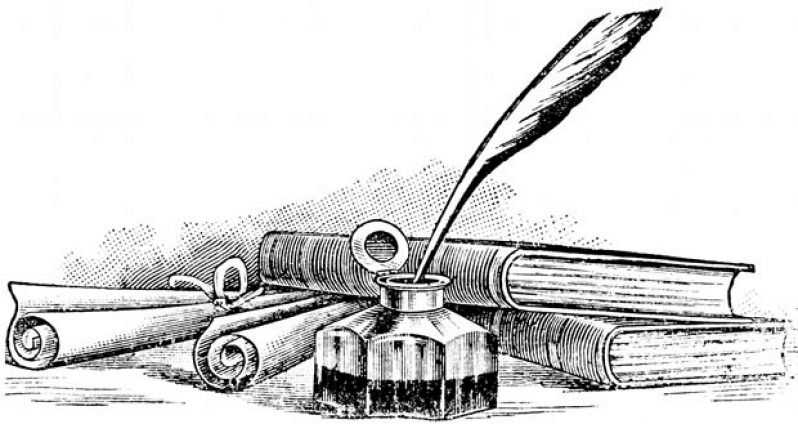Welcome to Guyana 2
This series started with the novel, ‘Green Mansions,’ written by W. H. Hudson, published in 1904. But there are scores of entry points to this unfolding adventure called Guyana. If this second installment seems to be rambling, blame it on the enormity of the adventure. This series opened with the imaginative literature and will continue in that same vein, now and then, borrowing from other sources like histories, travelogues, biographies and memoirs.Exploitation of El Dorado

The story of El Dorado has stirred the imagination of people worldwide and continues to affect the imaginative juices of writers and artists since the days of Sir Walter Raleigh to present day.
Raleigh published THE DISCOVERIE OF THE LARGE, RICH AND BEAUWTIFUL EMPYRE OF GUIANA in 1596. Since then the illusive El Dorado could only be found in our literature. The value enshrined in a good piece

of literature in inexhaustible.
A version of the El Dorado story
Once upon a time, there lived a king who had an extremely beautiful wife whom he loved very much. And it came to pass, she did him a grave wrong. So great was this injury, the king found it difficult to forgive her and eventually began ill-treating her. Unable to bear this situation, the woman decided to commit suicide. With her daughter in trail, they went to the top of a high mountain with a deep lake. Here the mother threw herself into the water, taking the little child with her. Much aggrieved, the king sought ways and means to get back his wife and daughter alive. One such ritual was to throw gifts of gold into the lake. Soon, this became a custom where the king would cover himself in gold dust, sailed to the centre of the lake, in the early morning sunrise, to the sound of music and to the chant of prayers and then wash himself. This legend of untold wealth was so magnetic it attracted explorers, traders and settlers to British Guiana.
Early reference to El Dorado

In 1849, Edgar Allan Poe wrote the poem, ‘El Dorado,’ which is said to be the last poem written by that author. Poe has been labelled the originator of the modern detective story. He seemed to have clued in on reaching El Dorado; clues he would follow into the great beyond. Poe by that poem had taken the legend of El Dorado to another level, a celestial level. Here is part of that poem:
Gaily bedight,
A gallant knight,
In sunshine and in shadow,
Had journeyed long,
Singing a song,
In search of Eldorado
But as the knight grew old and his strength failed him, he inquired of a pilgrim shadow ‘where can it be,/This land of El Dorado?’ He was directed, ‘Over the Mountains/Of the Moon.’
Poe was not the only writer to tap into the rich lode of El Dorado. Shakespeare (1564 – 1616) did so in OTHELLO with reference to the headless warriors; Milton (1608 – 1674) did so in PARADISE LOST; Voltaire (1694 – 1778) did so in CANDIDE and so did Joseph Conrad in HEART OF DARKNESS.

Many Guyanese writers have used El Dorado in their work. A. J. Seymour in his poem, ‘Name Poem,’ is a good place to start in that the writer traced one part of the history of Guyana, the part dealing with the first people, the people who came and the various colonisers and the legacy they left behind in place names.
Here is an extract of that poem:
NAME POEM by A. J. Seymour
Kwebanna on the Waini –. Indian words
And peace asleep within the syllables
Cabacaburi and the Rupununi
Reverence is guest in that soft hush of names
For battle music and the roll of drums,
The shock and break of bodies locked in combat
The Tramen Cliff above Imbaimadai
Guiana, Waini are cousin water words
The Demerary, Desakepe and Courantyne
Flow centuries before strange tongues bewitch
Their beauty into common county names
Through all the years before the Indians
Rocks at Tumatumari kept their grace,
And Turkeit, Amatuk and Wararuk
Trained ear and eye for thundering Kaieteur
And there are mountain tops that take the sun
Jostling shoulders with seaward-eyed Roraima
Amerindian names hold ancient sway
Beyond the European fingers reaching.
Forever reaching in, but nearer coast
Words born upon Dutch tongues live in our speech
The sentinel that was Kykoveral
Beterverwagting, Vlissengen and Stabroek
And sonorous toll of bells in Vergenoegen
For French remembrance, Le Ressouvenir,
The silent and great tomb of an exile’s anguish.
Le Repentir that city of the dead
Simple the heritage of English names
Hid in Adventure, Bee Hive, Cove and John,
And Friendship, Better Hope, and Land of Canaan
Garden of Eden and . . . so Paradise
Out west are places blessed by Spanish tongues
Santa Rosa, white chapel on a hill
(To be continued in a series ‘Welcome to Guyana’ through its literature)
Responses to this author telephone (592) 226-0065 or email: oraltradition2002@yahoo
(By Petamber Persaud)





.jpg)








